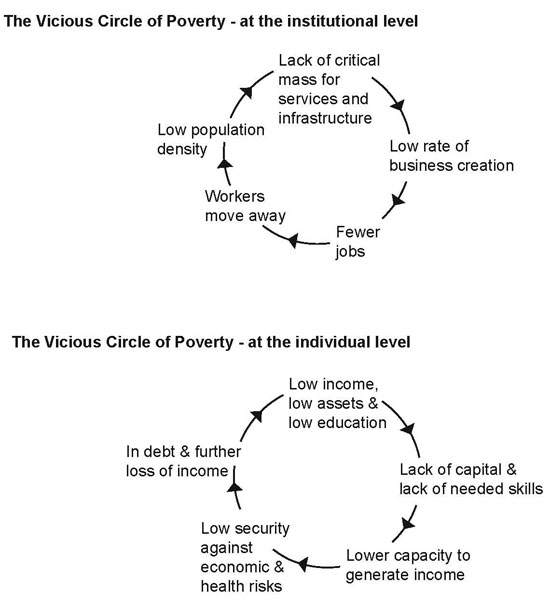This is a model response to a Writing Task 2 topic from High Scorer’s Choice IELTS Practice Tests book series (reprinted with permission). This answer is close to IELTS Band 9.
Set 6 General Training book, Practice Test 27
Writing Task 2
You should spend about 40 minutes on this task.
Write about the following topic:
Some people feel that fashion is like art and a significant part of society, while others feel that fashion is a waste of time and money.
Discuss both views and give your own opinion.
Give reasons for your answer and include any relevant examples from your knowledge or experience.
You should write at least 250 words.
Sample Band 9 Essay
The fashion industry today is an important component of society and people’s lives. It is true that many people care little for clothes and scorn the importance that others attach to them; however, this does not mean that the significance that people give to fashion is a waste of time and money.
When one considers that areas of the world suffer from poverty, disease and inadequate access to food and clean water, the emphasis attached to fashion by the developed world can seem out of proportion. Many people would contend that the resources put into developing and creating fashion would be more ethically spent on creating some level of equality in terms of the right to live a healthy and happy life. This point is hard to argue with. However, it is also true that people in the developed world cannot be expected to send all their spending money to people in need and that wanting to look good is an unalterable human trait.
The fashion industry contributes to the society much like most other industries. It provides jobs and income to millions of people around the world and the money that changes hands generates taxes that contribute to the fabric of society. There is more to fashion than trying to look better than others and excessive luxury. The high level of fashion is indeed a kind of art form and, like other art forms, there will always be people who appreciate it, want to create it and want to spend money on it. It is part of the development of civilisation and this is not likely to change.
I therefore feel that, although the gap between the rich and the poor sometimes makes it seem that fashion is a waste of time and money and an unethical use of resources, fashion is an important part of today’s society and economic output. This leads me to believe that trying to strike a balance between selfish greed and a more altruistic way of living should be an individual choice.
Go here for more IELTS Band 9 Essays
https://ift.tt/DwTPrZ1
from IELTS-Blog https://ift.tt/M1fhSXJ
via
IFTTT
